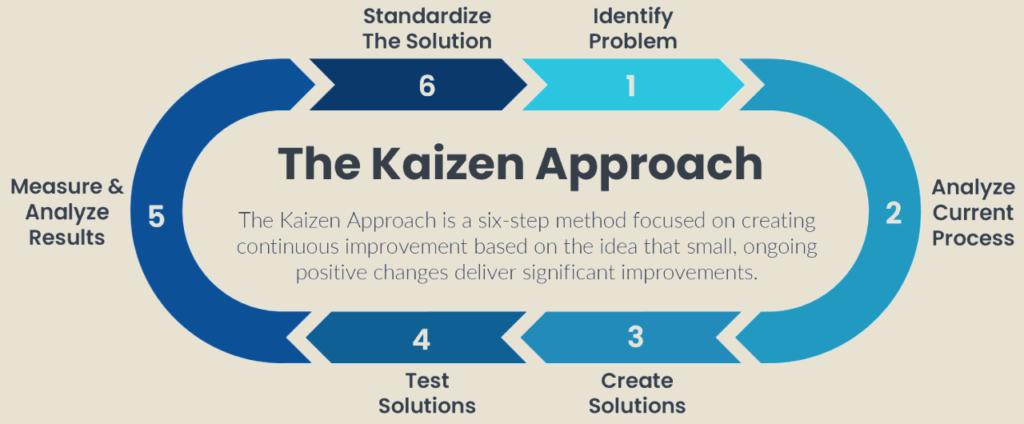I was watching a sports event at the Tokyo Olympics with my family. During the medal ceremony for one of the categories, as winners received their medals on the podium, I observed something that surprised me. Being an ardent observer of small details, I noted the facial expressions and overall body language of the winners. Setting aside the natural joy of the gold medalist for being at the top, I found that the expressions of the silver and bronze medalists were not only distinct but also seemed contradictory to their actual ranks!
The person who won the silver medal seemed a bit unhappy and couldn’t hide it. On the other hand, the bronze medalist had a happy smile and seemed content. I thought about it for a moment, couldn’t figure out why, and then forgot about it until the next day when I read the reason in the newspaper. It was discovered that psychologists had also observed this phenomenon and provided a scientific explanation in the article. On one hand, the silver medalist was grappling with the unmet expectation of winning the gold medal, while the bronze medalist was genuinely thankful for securing the third rank because, at least, he made it to one of the top three positions instead of leaving empty-handed!
You see, when we place our happiness on the momentary achievement of stuff, the inner definitions of “Gratitude” and “Peace” change in our minds, making us mere puppets in the hands of external outcomes.
I’m not suggesting that one should stop striving to achieve and excel in their field. However, to detach oneself from the outcome, avoiding both arrogance with success and depression with failure, it’s crucial to understand the difference between being “Careless” and being “Carefree”. A careless person overlooks the hard work behind a goal, expecting everything to be handed to them on a platter. In contrast, a carefree individual doesn’t tie their happiness to achieving a goal; instead, they surrender the outcome after giving their best effort, acknowledging a force greater than themselves. This process leads to a stable and sublime bliss. Ultimately, gratitude can make even a bronze medal feel sufficient and, moreover, inspire one to work even harder next time to aim for the gold.
This belief isn’t just individual; as a society, we’ve ingrained the idea that “If” we achieve certain things, possessions, or reputations only “Then” we’ll experience a certain kind of happiness. Personally, I’ve repeatedly found that sticking rigidly to a planner or schedule provides the momentary satisfaction of ticking off a box. However, there’s a persistent sense of unfulfilled longing because the goalposts for happiness keep shifting. To break this cycle, I’ve discovered that it’s more effective to have some general idea and some essential planning, allowing the details to be handled by the actual Doer!
During my evenings in Chennai, I was accompanied by a wonderful gentleman, and after every beautiful exploration of new places and trying out different restaurants, time would pass so enchantingly that we frequently forgot to capture the moments in pictures. At the end of each fulfilling day, he would ask me, “How do I feel?” My response was consistent, “I feel FULL! Just like the satisfaction of the last scoop of dessert after a hearty meal!😄.” If there had been a rigid checklist or an expectation of a flawless outing, the narrative would have taken a completely different turn. Thankfully, there weren’t any!
The “If” and “Then” mindset is prevalent in our world dominated by comparisons and imitations, where observing someone else’s lifestyle can create an illusion. We believe that only by imitating a third person can we achieve the same happiness they are experiencing.
But hey,
Actions can be imitated, but how will you imitate the intention?
Someone who is following a certain practice may be relevant to their context but not yours. So what’s the point of fixing your happiness in such a condition?
I have a friend who, inspired by watching people doodle their day on social media, recently bought an electronic tablet. Before purchasing it, he expressed his aspirations, detailing how he would be able to doodle only if he gets that device, write notes, and more. However, now that he has it, he feels more distracted amidst the numerous devices and the constant buzz of notifications, leading to anxiety. The plans of doodling have faded away, and the tablet isn’t being used effectively. This highlights the fragility of happiness—the same object that once brought fulfillment has now caused even greater sadness.
On the contrary, the Japanese technique of “Kaizen” serves as a great source of inspiration for me to initiate projects and then determine if they are worth pursuing. It emphasizes starting with our efforts with the resources at hand before committing significant efforts and money. During the COVID lockdown, I discovered a passion for gardening but didn’t want to wait for an extensive budget to set up my balcony. Instead, I utilized old plastic containers, and soil mixtures from parks, and began propagating easy-to-maintain plants. Gradually, my entire family found a new way to channel their energies into the greens, alleviating the lockdown blues. As the interest grew, from starting with just one, my balcony now boasts 40+ plants. Reflecting on this, I realize that the process was much more fulfilling than the outcome.

I get that even if we slow down and try to be happy with what we have, there are still some things we need to achieve on time, if not in a hurry. I like to explain this using a clock and a compass. A clock reminds us of deadlines, making sure we put in effort while it matters. On the other hand, a compass reminds us of what’s really important, helping us stop and appreciate what we already have, it could be in our hands or between our arms.💟
Thus, bringing all the “IFs” and “Then” to rest!

